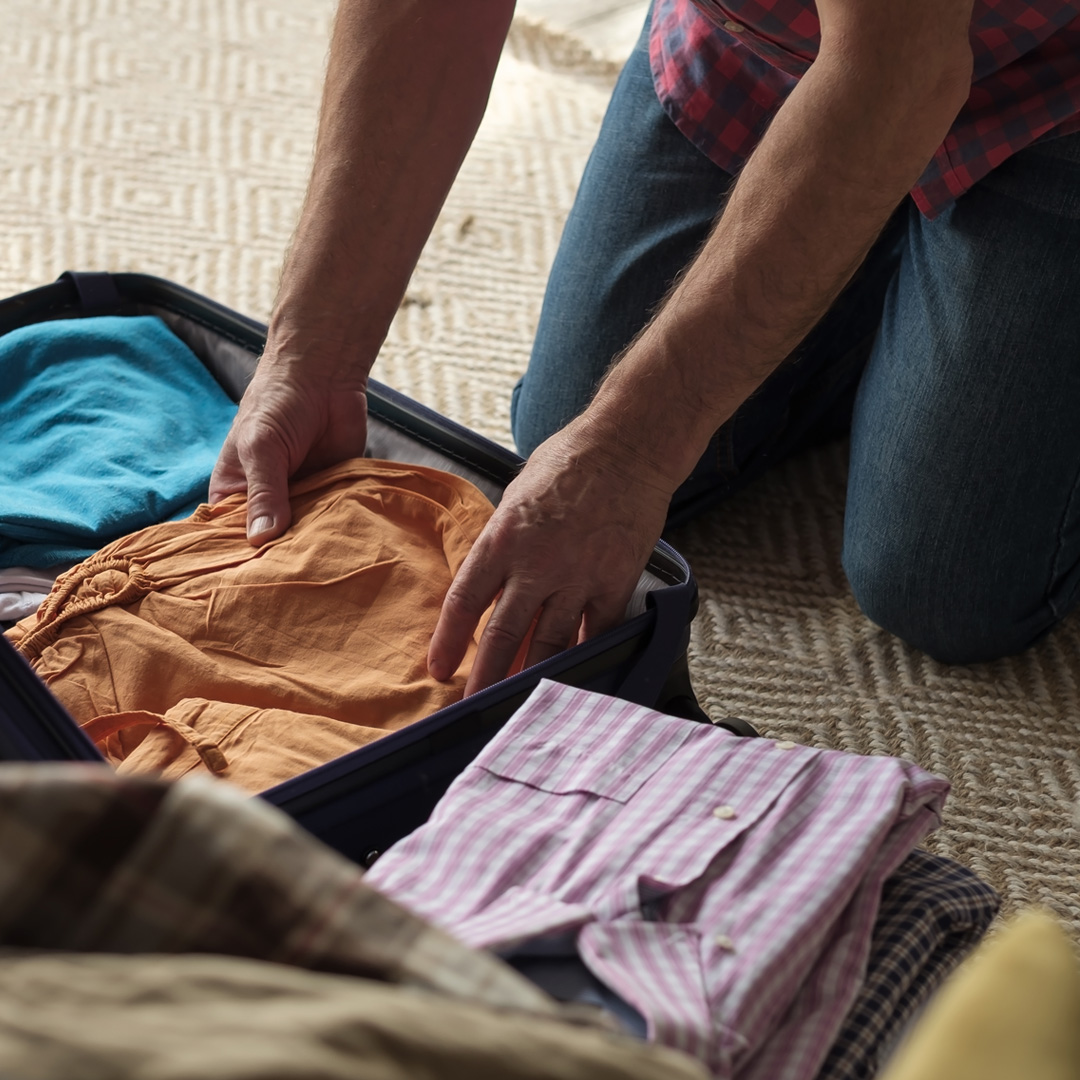Tips for traveling with someone with dementia

Because COVID-19 restrictions have eased, more people are traveling again. A trip can bring benefits for someone living with Alzheimer’s or another dementia and those caring for them. New activities, sights, and foods can be stimulating. A getaway can restore a sense of normalcy and be a form of self-care.
But a change in routine can also be stressful for someone living with dementia, resulting in irritability and confusion. For the person with memory loss, it can be scary and difficult to reorient in a new place. And the risk for wandering increases in an unfamiliar environment. If they have wandered or gotten lost before, it may be a sign they should no longer be traveling.
Below is a short guide for traveling with someone who is living with dementia which outlines the potential benefits, best safety practices, and warning signs that the person may no longer be able to travel.
Tips for traveling with someone with dementia:
Signs that someone living with dementia should no longer travel
At a certain point in the dementia journey, it becomes unsafe for someone with dementia to travel.
Warning signs include when the person with dementia:
- develops a tendency to wander – this is so important to watch out for,
- becomes overwhelmed in new places and/or around large crowds,
- becomes fearful when the primary care partner is not around,
- exhibits extreme changes in behavior when their normal routine is disrupted,
- or if the care partner is unable to manage the daily needs of the person with dementia.
There is no one-size-fits-all policy when it comes to dementia care. While this is a general guide, we know every person’s needs and situation is unique. If you have questions about traveling with someone living with dementia, get free support from our dementia experts by calling Alzheimer’s Los Angeles at 844.HELP.ALZ (844.435.7259) or emailing info@alzla.org.

